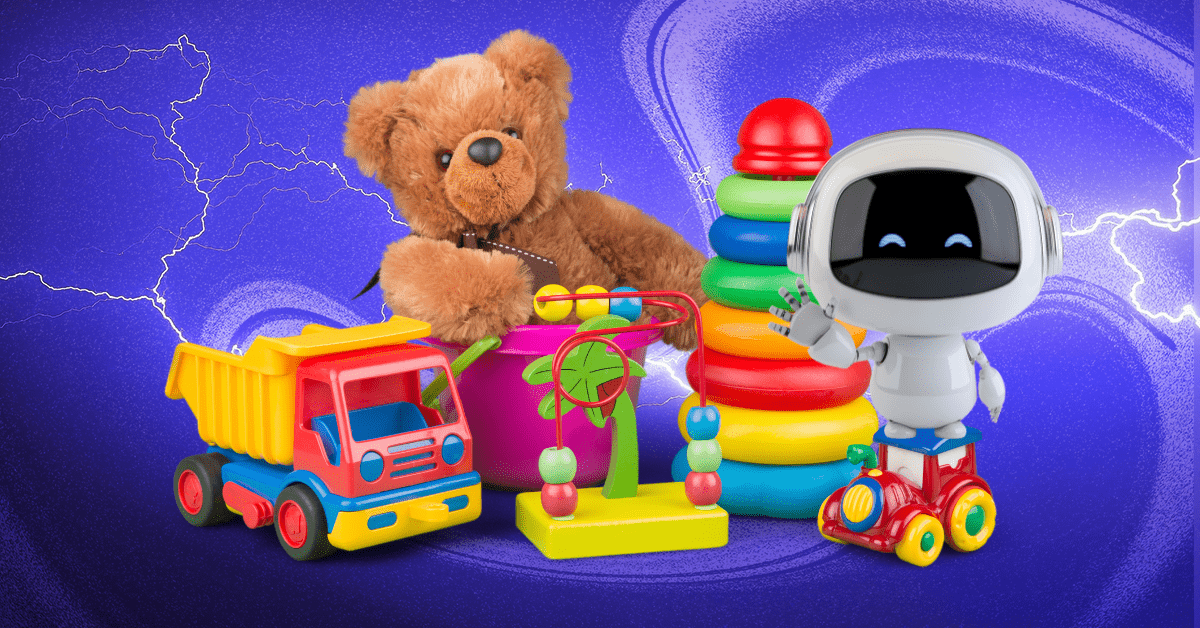Several recent studies have shed a light on the speed of AI adoption among everyone from toddlers to the UN.

What we’ve learned: a lot of people are using AI and, much like with everything else, moderation is key.
Let’s start…
… with a Stanford University-led study examining the adoption of AI writing tools. It found that by late 2024, significant chunks of AI-generated or modified text were identified in 18% of US consumer complaints, 24% of corporate press releases, up to 15% of job postings, and 14% of United Nations press releases.
Usage had surged when ChatGPT launched in November 2022, but stabilized between mid- to late 2023 — either due to market saturation, or because advanced models became harder to distinguish.
Other takeaways:
- Smaller, younger firms — and those in the science and tech sectors — were more likely to use AI in press releases and job postings.
- Among consumer complaints, areas with lower education levels showed slightly higher AI adoption — a reverse from typical tech adoption, indicating people with less writing experience may be using AI as an "equalizing tool.”
Who else?
A 2024 Goldman Sachs survey that found 69% of small businesses were using AI for time and/or money savings. Adoption is up from 56% the year prior with common uses such as writing code or content, screening job applicants, and inventory management.
- One thrift store owner told Fox Business that an AI-powered scanner shaved hours off pricing duties, allowing him to pay his entry-level employees more.
Meanwhile, a Common Sense Media survey found that nearly a third of children ages 0-8 have used AI for school-related learning. Of those, 23% of parents found it had a mostly positive impact on their child, while 55% said it had no impact.
Is this good or bad?
It seems to depend on whether we use it as a tool or to do everything for us.
A Carnegie Mellon University and Microsoft Research study found that the more people relied on AI, the less critical thinking they employed. However, many still used those skills through fact-checking, editing, and analyzing AI’s answers versus simply accepting them.
Similarly, the Stanford study suggested that while AI could “democratize content creation,” overreliance could lead to mistrust and a lack of authenticity.
It wouldn’t be the first time tech offered to take the wheel: Most of us don’t remember many phone numbers these days — but we do memorize those we’d need in an emergency.










